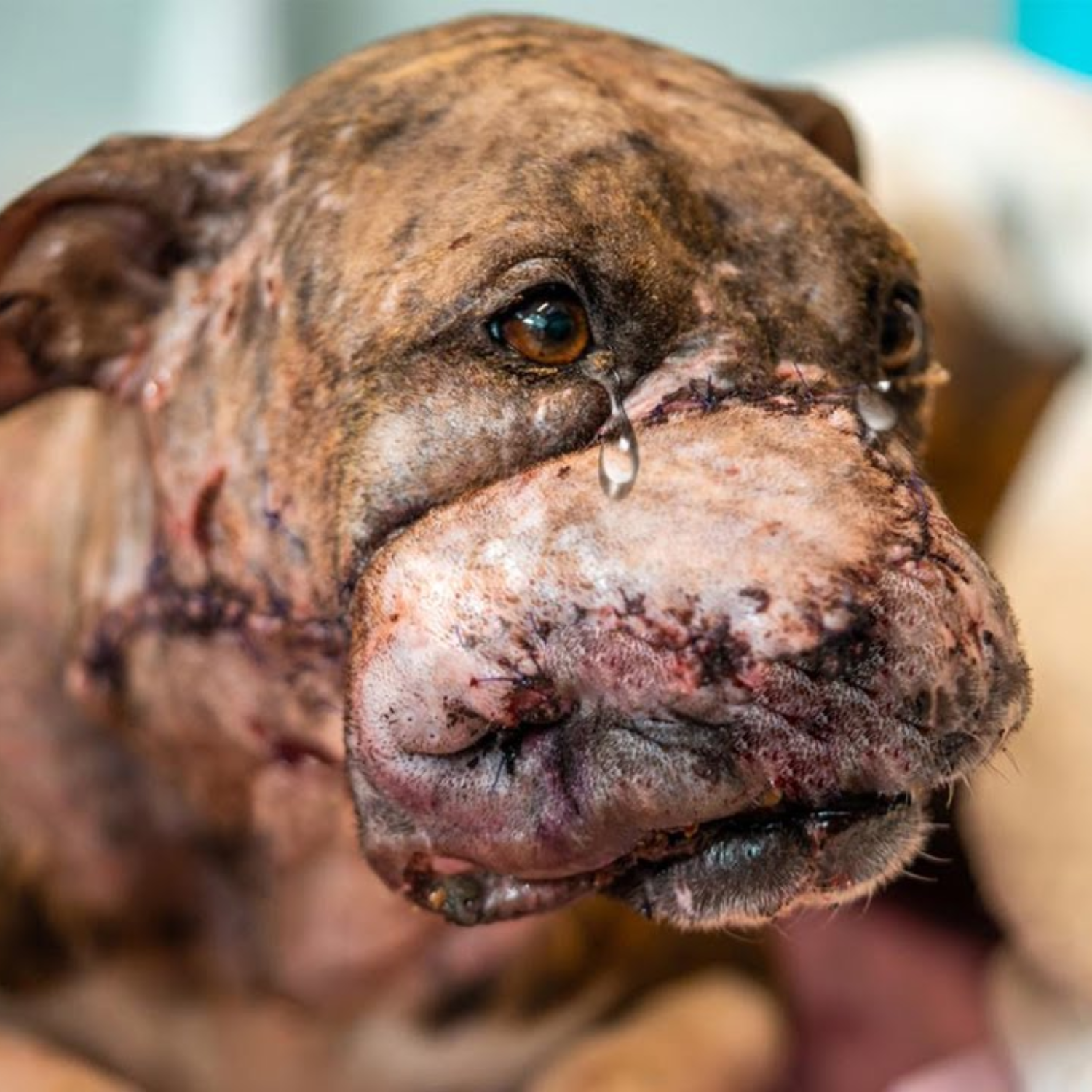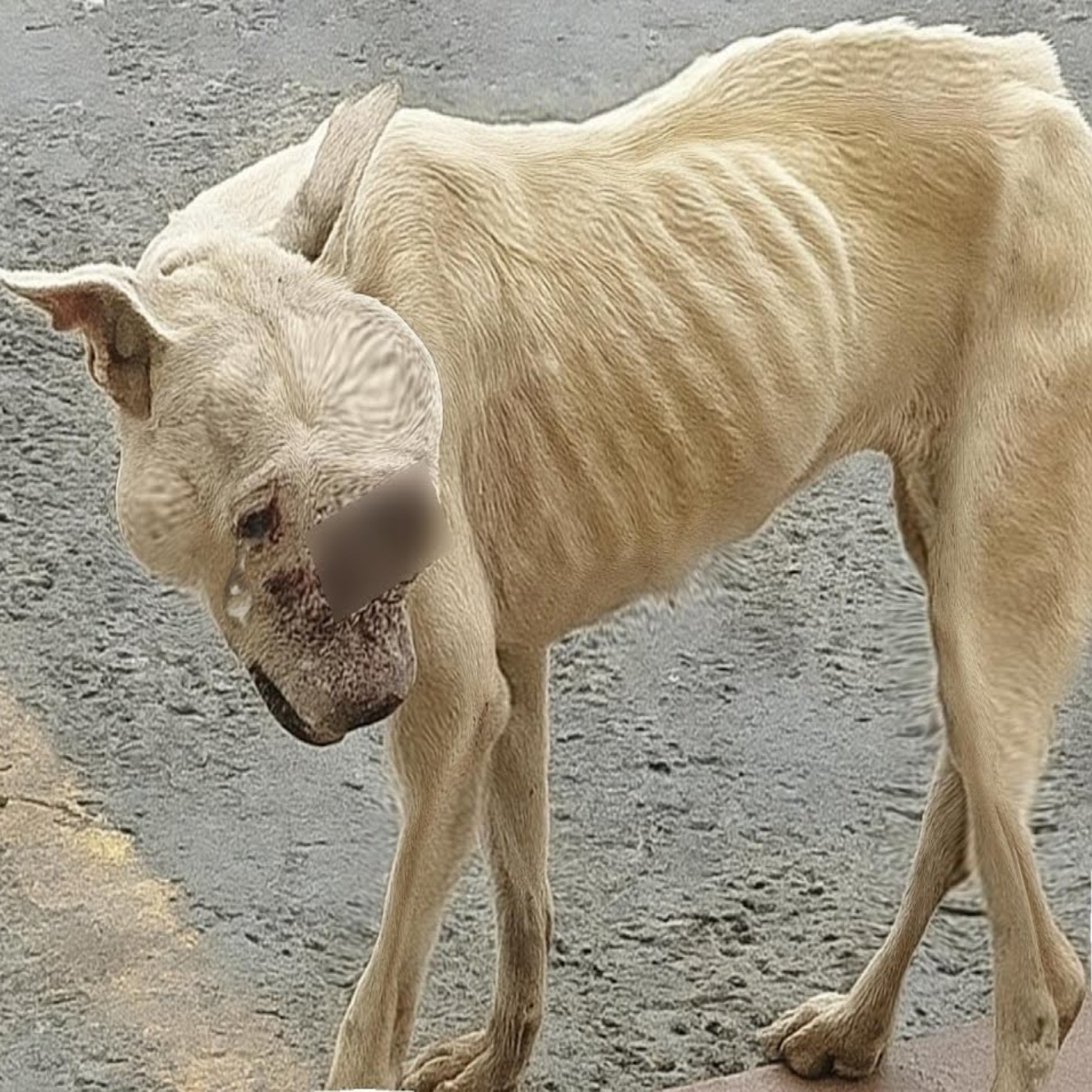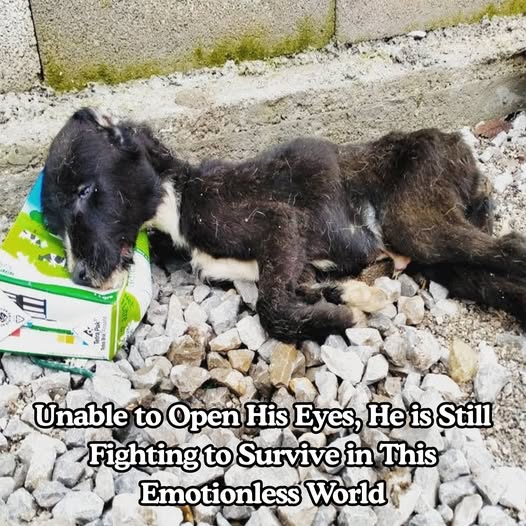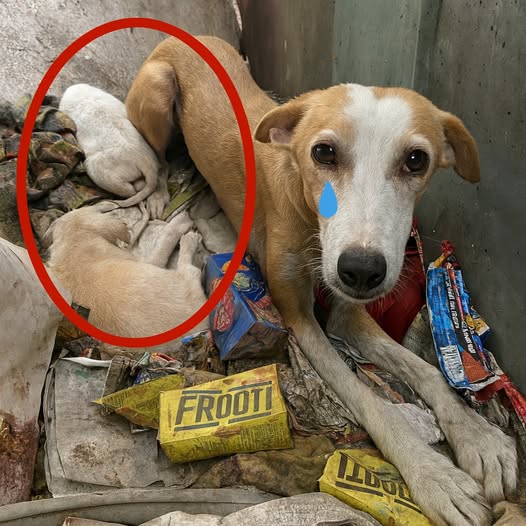For eight long years, the elephant orphans of Kenya’s Sheldrick Wildlife Trust waited. They had grown from fragile calves—rescued from drought, poaching, or abandonment—into towering bulls and graceful matriarchs. They had learned to thrive in the wild while never forgetting the humans who had once stood in as their surrogate families. And then, one morning in late October, something extraordinary happened: a new life was born.
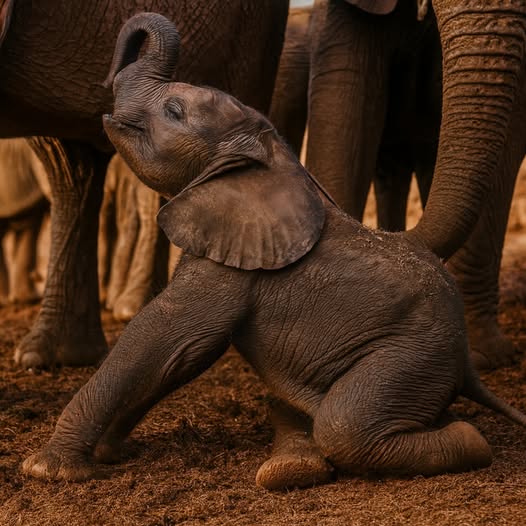
Elephants have a remarkable way of celebrating when a baby joins their ranks. Trumpets echo, ears flap, and the entire herd gathers as if to honor the miracle of life itself. But for this particular herd of former orphans, the arrival of a calf carried an even deeper meaning. It was not only the birth of an elephant—it was the continuation of a legacy.
At the Sheldrick Wildlife Trust, an unspoken tradition has grown over the decades. When female elephants raised at the stockades eventually become mothers, they often return soon after giving birth, eager to introduce their calves to the keepers who once cared for them. These moments are as touching as they are rare. Staff members, who had once bottle-fed the orphans through sleepless nights, are now greeted by their grown charges proudly presenting new life. It is a living testament to bonds that transcend species.
The last time such a birth had been witnessed was in December 2014, just days before Christmas. A mother had chosen the ground outside the Voi stockade as the birthplace of her second daughter, gifting the keepers an unforgettable memory. No one imagined it would be nearly a decade before they saw such a moment again.
But on the morning of October 29th, as dawn stretched its golden light across the dry plains of Ithumba, the impossible became reality.

Head Keeper Benjamin began his day as he always did, making rounds near the Ithumba stockades. Wild elephants mingled with the Trust’s orphans in the cool morning air—a familiar sight during the dry season, when water and companionship drew them together. Then, out of nowhere, a thunder of sound erupted. Trumpeting calls, frantic stomps, and the rustle of bodies moving in unison filled the air. Something was happening within the herd.
Benjamin quickened his pace, scanning the clearing. And then he saw it.
There, on the dusty earth, lay a small, trembling form. The wild bulls scattered in surprise, their massive ears flapping as they bolted back into the bush. Even the older females, usually steady and composed, seemed startled. At the center of the commotion, a newborn elephant calf struggled to breathe, still half-covered in the white veil of his mother’s placenta.
The mother was Melia.
Melia’s story was etched in the Trust’s history. Found as an eleven-month-old orphan in Tsavo East National Park, she had arrived fragile and dependent. Over time, with care and protection, she blossomed. She became strong, self-assured, and deeply bonded to her orphan family. But there was one thing she had never shown much interest in: babies. Unlike some of the other young females, who eagerly played the role of nannies to calves, Melia remained aloof. Motherhood seemed distant, even unlikely.

Now, here she was, standing bewildered over her newborn son.
The experienced females rushed to her side—Loijuk, Kinna, Kitirua, Kalama, and Olare. They surrounded the calf with protective bodies, creating a wall of safety around him. Loijuk, seasoned and steady, stepped forward. With her trunk and front legs, she gently helped lift the calf to his feet. It was an act of instinctive grace, a quiet acknowledgment that every newborn needs guidance in their first moments.
Melia watched, wide-eyed, as if realizing for the first time that the tiny creature before her belonged to her. Slowly, awkwardly, she reached out with her trunk and wrapped it around him. The calf wobbled, searching blindly for comfort, and Melia hesitated. Nursing did not come easily. She tried lowering herself, fumbling to find the right position, while the older females guided her with patience.
By midday, something shifted. Melia began to find her rhythm. Her calf pressed close to her side, his tiny trunk curling against her belly, and finally, he suckled. Instinct bloomed where confusion had reigned.
The keepers watched in awe. To witness the birth of an elephant was rare enough, but to see a former orphan step into motherhood, supported by her herd, was beyond extraordinary.

They named the baby Milo, meaning “beloved.” He was the 53rd calf born to the orphan herd, each one a living testament to the Trust’s mission: to rescue, rehabilitate, and reintegrate elephants into the wild, giving them the chance not only to survive but to thrive and create families of their own.
The Trust shared later: “Just like humans, some elephants are naturally more nurturing than others. Melia had never shown much interest in babies, but here she was, learning, adapting, and becoming the mother her calf needed.”
For the keepers, Milo’s arrival was more than just another calf—it was a symbol of resilience. It showed that years of patient care and love do not fade when an elephant returns to the wild. The orphans never forget. And when new life comes, they instinctively share that joy with the humans who once stood in for their lost families.
As Milo stumbled about on his tiny legs, watched closely by both his mother and the aunties around him, there was laughter, trumpeting, and a palpable sense of celebration. The elephants, usually so quiet in their routines, were boisterous and alive with energy. Life had been renewed, and everyone—elephant and human alike—felt its weight.
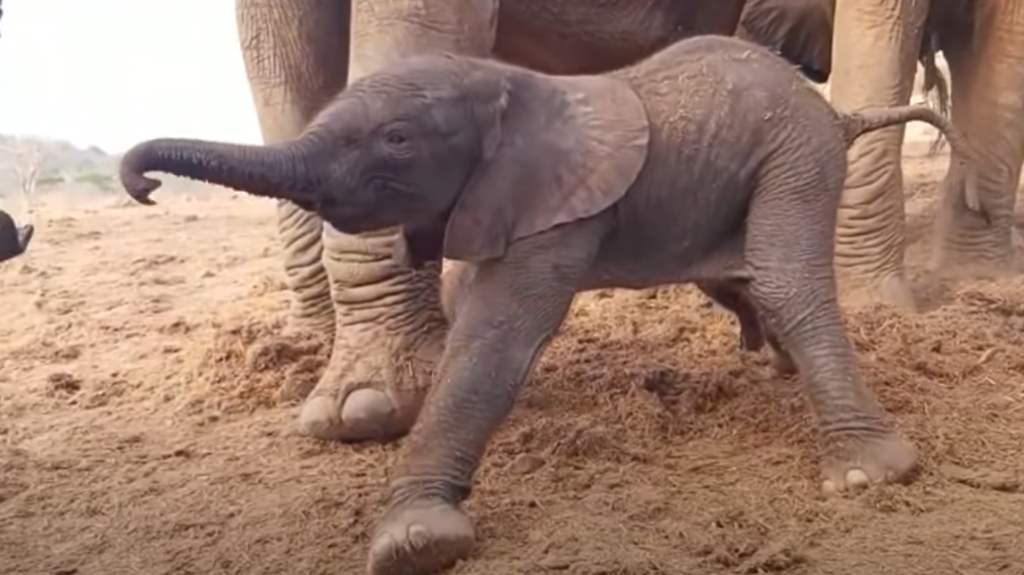
In time, Milo will grow strong under the guidance of his mother and the herd. He will learn to forage, to play, to trumpet with joy and charge with pride. And one day, perhaps, he will become a great bull, carrying forward the legacy of the Sheldrick orphans who came before him.
For now, though, he is simply a calf—cherished, protected, and beloved.
Soon, Milo will be made available for symbolic adoption through the Sheldrick Wildlife Trust’s website. Those who support the herd will play a role in ensuring that he and countless others continue to thrive. Every donation goes toward their care, securing a future where elephants like Melia can stand proudly in the wild, no longer victims of loss, but creators of life.
The morning of October 29th will be remembered not only as the day a calf was born, but as the day hope was renewed. A once-orphaned elephant had become a mother. A new generation had begun. And in the heart of Kenya, where humans and elephants walk side by side, a story of survival had blossomed into a story of joy.
